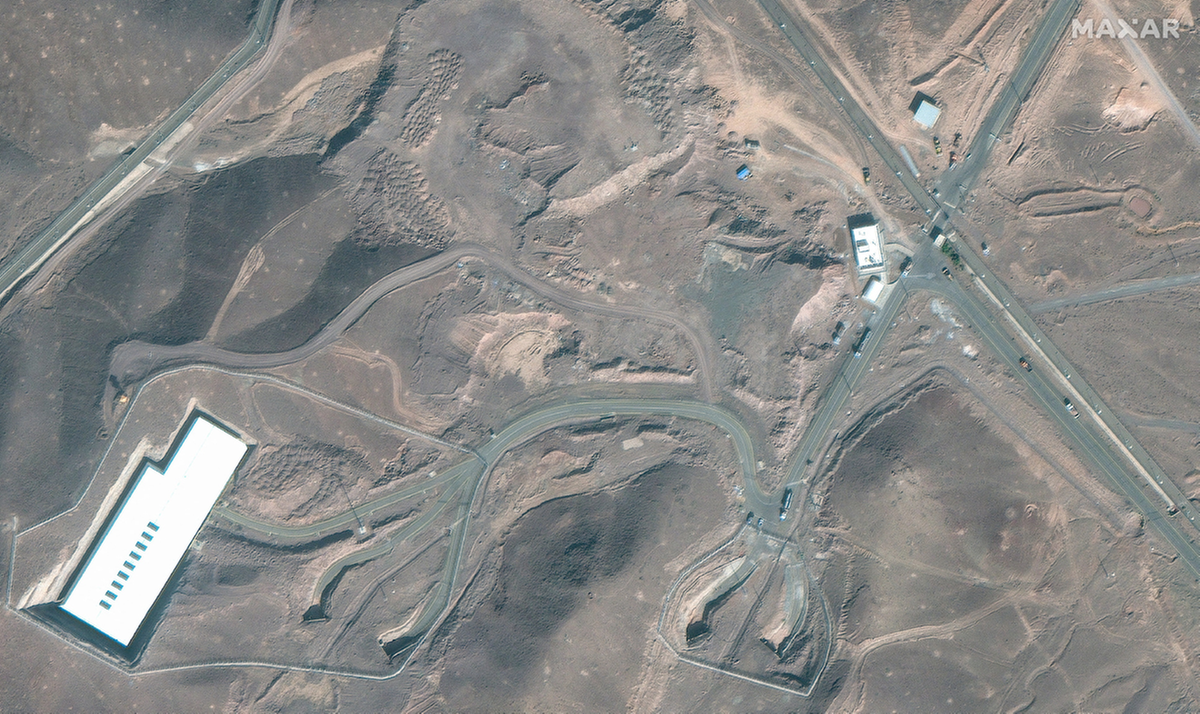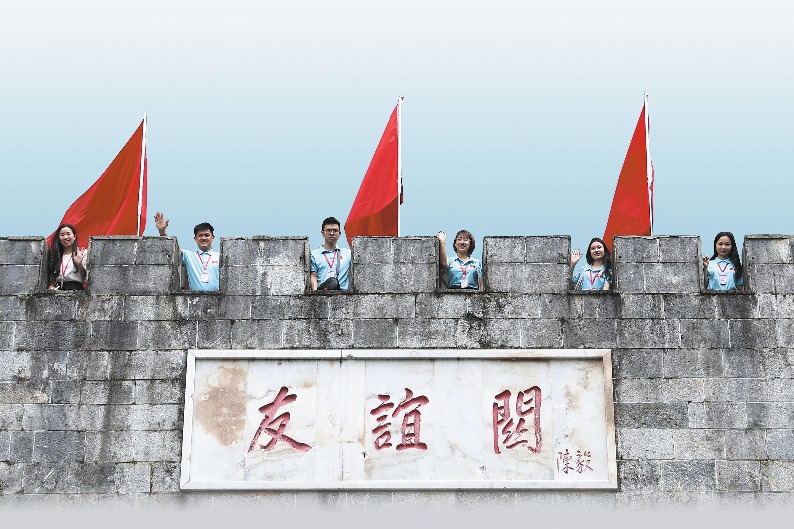US intervention escalates Israel-Iran conflict


The United States claimed on Sunday that it had obliterated Iran's nuclear ambitions by bombing three key Iranian nuclear facilities, in all probability expanding the Israel-Iran conflict into a large-scale war and shattering whatever little hope there was of ending the conflict soon.
By doing so, the US has also forced the Iranian government to take retaliatory measures to maintain its credibility at home. Iranian domestic opinion, according to media reports, is divided between pro-US, anti-US and fear-stricken, non-committal. Of course, most of the Iranian people are either anti-US or pro-US, with the ruling elites being vehemently opposed to the US.
The US carried out unusually large-scale attacks on Iran, using dozens of cruise missiles and six bunker busters, a type of munition that is designed to penetrate hardened targets or targets buried deep underground, such as military bunkers.
Given the grave strategic and political situation it is facing, Iran has to take retaliatory measures. The question is how and to what extent? Iran is surely debating these questions, which will influence the outcome of the conflict.
There is still hope of Iran returning to the negotiating table, though. Before the "strikes" on Iran's nuclear facilities, US President Donald Trump had changed his tone — from asking Iran to "unconditionally surrender" to return to negotiations. Trump seems more interested in brokering a swift agreement, while Iran wants to avoid an all-out war with the US.
However, Iran will likely need to retaliate before considering returning to the negotiations.
The US meddling in the Israel-Iran conflict will trigger another spiral of regional conflicts, and nuclear proliferation risks. Teheran has been claiming there has been no radioactive leaks from the nuclear plants hit by the US and Israel. Among the few cards Iran still holds, blocking the Strait of Hormuz is the strongest against the US — because if Iran indeed blocks the Strait of Hormuz and Yemeni Houthis target the Bab el-Mandeb Strait and the Red Sea, the world could face catastrophic consequences. Iran's Press TV reported on Sunday that the final decision to close the Strait of Hormuz must be made by Iran's Supreme National Security Council, following the parliament's reported approval of the measure.
The Bab el-Mandeb Strait between the Arabian Peninsula and Africa connects the Red Sea to the Gulf of Aden and the Indian Ocean. Its strategic importance has only grown since the opening of the Suez Canal, as it has become a vital maritime route. Blocking the Strait of Hormuz and the Bab el-Mandeb Strait could disrupt about 20 percent of global oil supply and a crucial East-West trade route. Even if Teheran were to choose to use only oil as a weapon, the impact on the global economy could be devastating.
Iran understands the gravity of such a move, often using the threat of closure as a deterrent, but in reality acting with caution. But with the US carrying out direct military action against Iran and thus interfering in the Israel-Iran conflict, Teheran may already be considering truly blocking the Strait of Hormuz.
Additionally, even if Iran doesn't directly block the strait, a unified response of the Organization of the Petroleum Exporting Countries, potentially manipulating oil prices in support of Iran, remains a possibility if the situation deteriorates further.
The Israel-Iran conflict is developing into a broader, more devastating war due to the interference of the US. As such, the US is the biggest obstacle to peace and stability in not only the Middle East but also the entire world.
The author is director of the Academic Council and a senior research fellow at the Shanghai Center for RimPac Strategic and International Studies. The views don't necessarily reflect those of China Daily.
If you have a specific expertise, or would like to share your thought about our stories, then send us your writings at opinion@chinadaily.com.cn, and comment@chinadaily.com.cn.
































